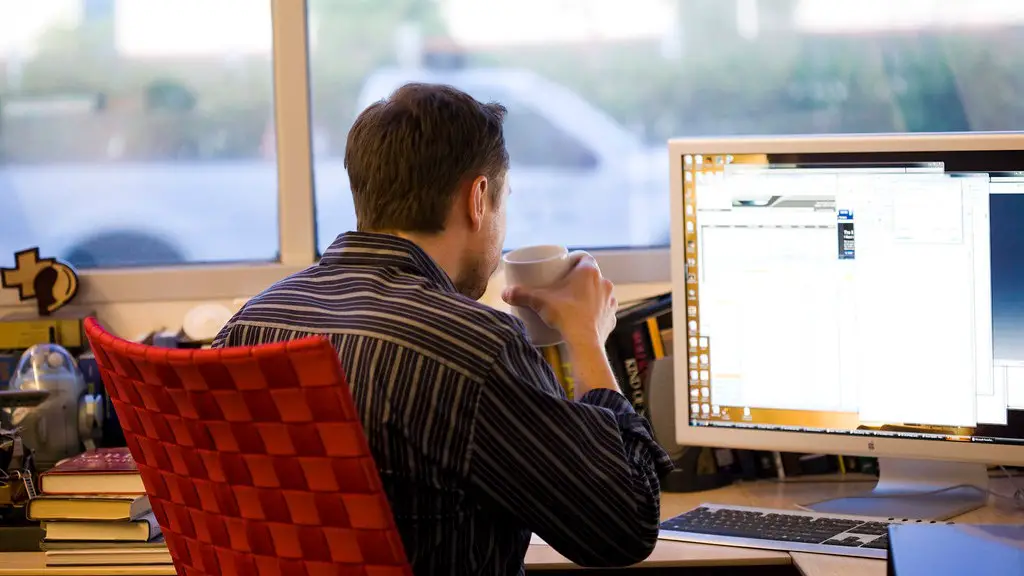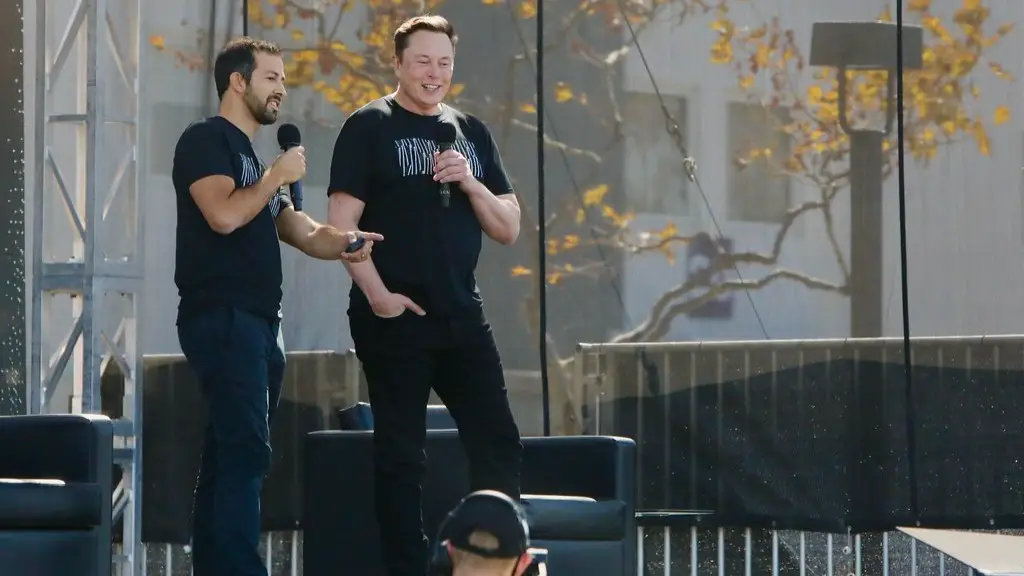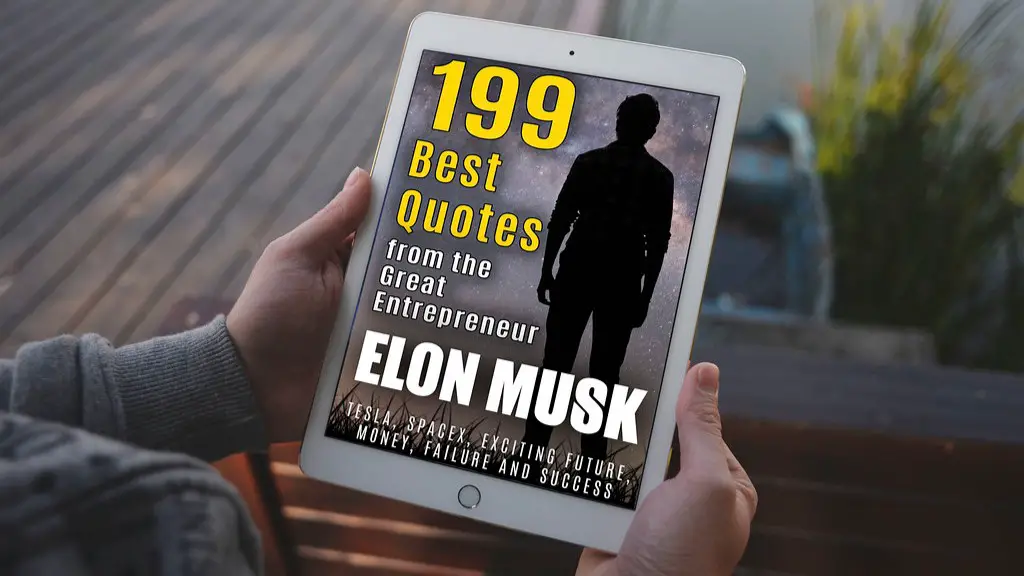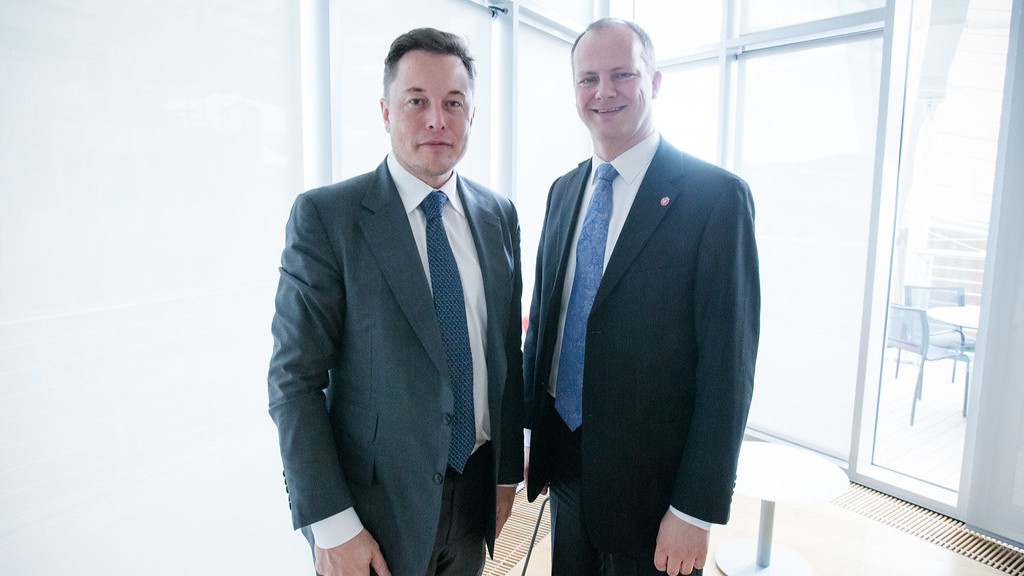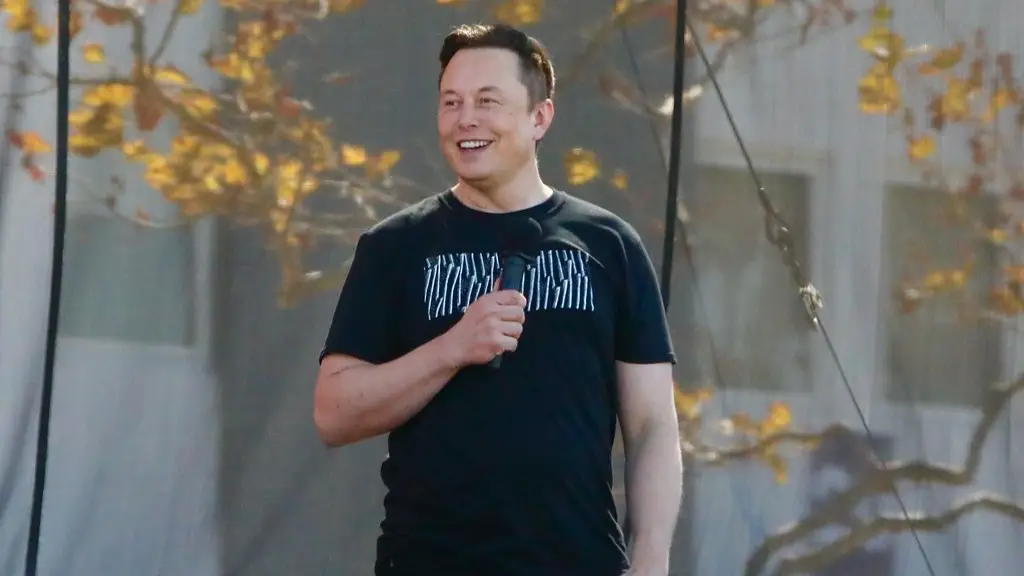Paypal, now a multibillion-dollar entity, was originally founded by Elon Musk and his partners at X.com nearly two decades ago. With over ten million users and growing daily, Paypal is now one of the most widely used online payment services around the world. Elon Musk, now an entrepreneur and investor, was once a driving force behind the early success of Paypal.
After founding the company, Musk was named CEO of X.com in October of 1999. However, his time as leader didn’t last long – a few months later, X.com and rival company Confinity merged to form Paypal, with Peter Thiel taking the reigns as CEO. Musk, much to his displeasure, was pushed to the side and found himself in the role of Chairman of the Board of Directors.
Following the appointment of Thiel as CEO, Musk was forced to take a backseat such that quarrels between the two founders would not interfere with the company’s operations. Despite having to relinquish much of his executive powers, Musk continued to operate as Chairman of the Board and as a technical advisor to the management team.
It is important to note that Elon Musk was not fired from Paypal. However, he did choose to resign from his position as Chairman in 2000. It has been speculated that Musk’s departure was due to tensions between him and Thiel, as well as reported conflicts between the two when it came to both team dynamics and management decisions that led to Musk’s decision to leave.
Since his departure from Paypal, Musk has gone on to do impresive feats. He started SpaceX, the aerospace manufacturer and space transport services company in 2002, and Tesla Motors, the automotive company in 2003. Musk is now regularly hailed as one of the most influential and successful entrepreneurs of his generation.
Despite his success, Musk is still often lamentingly remembered as the co-founder and former chair of Paypal who failed to gain sole control of the company. Although it is not guaranteed, had Musk succeeded and withstood the challenges he faced in the early days of Paypal, it is very possible that historians would be telling a different narrative today.
Costs of Taking Risks
An example of the extreme risks Musk was willing to take in order to bring Paypal to success is illustrated in his decision to spend $3 million on new servers in 1999. At the time, the company had only eight months of cash reserves and needed to scale its services faster in order to stay competitive. Although initially controversial, this hefty investment ended up being a helpful risk that paid off for the company.
The costly purchase, however, posed a difficult dilemma for investors and executives alike, as it put Paypal in a risky situation that put the company’s future in jeopardy without any guarantee of success. Ultimately, this decision proved to be beneficial as Paypal successfully gained traction in the online payment sector.
From this, we can glean some valuable lessons about the cost of taking risks and the importance of being able to make strategic decisions that can make or break a company, no matter how difficult the situation is. From Musk’s perspective, putting $3 million into server upgrades demonstrated his brilliance and commitment to the company’s ideas, even if that meant putting his own neck on the line.
Merging With X.com
At the time of the merger between X.com and Confinity, Musk argued in favor of merging with X.com as it represented an exponential growth opportunity. Fearing that Confinity’s “non-vertical” approach to online payments was too narrow and, therefore, limited its potential for further expansion, Musk argued in favor of the X.com merger because it would give the newly formed Paypal a much broader appeal and a launch point from which to expand.
Musk’s idea for expanding Paypal, however, did not go down well with the other investors. Peter Thiel, for instance, disagreed with the merger, believing that the focus should be solely on the payment system services provided by Confinity rather than the online banking division of X.com.
Ultimately, the merger between the two companies pushed Musk into the background and set him apart from the day-to-day running of the new Paypal. While Musk was a strong visionary, the lack of compromise between him and Thiel lead to the need for one of them to remove themselves from the company.
This realization prompted Musk to step down in May 2000 and officially resign from his position as Chairman of the Board in October of that same year. Although he was not directly fired, it is clear that the mounting interpersonal tensions between him and Thiel were the leading factor that pushed Musk out of the company.
Struggles to Leave a Legacy
Despite the fact that he was no longer a part of the company, Musk still kept a close eye on Paypal’s progress until it was sold to eBay in 2002. Even though he no longer had direct influence over the company, it was clear to everyone that Musk was honored to be recognized as a co-founder of a revolutionary online payment system.
Interestingly, after leaving Paypal, Musk went on to launch multiple companies and create a massive impact in the business world. Despite his success, it has been argued that Musk still struggles to reconcile his move from Paypal and his ultimate inability to leave the type of legacy he had once intended to.
The historical narrative of Paypal through Musk’s eyes is largely forgotten with most people simply associating Paypal with Peter Thiel and the $5 billion exit to eBay. Especially in recent years, there have been many successful entrepreneurs, but none have been able to capture the collective public consciousness in the same way that Musk still does. As such, Musk’s impact and legacy will continue to dwarf Paypal’s success.
Where Is Musk Now?
Flash forward to today and we find Musk to be one of the most influential and successful entrepreneurs of our time. His vision and success through companies such as Tesla, Paypal, Space X and others have made him a global celebrity and Fortune 500 person of repute.
Unlike his time with Paypal, Elon Musk is now CEO of many of the companies he started and chairs the boards of the business operations his companies own. Now, Musk is a prodigy billionaire that continues to amaze with his revolutionary ideas and relentless pursuit of progress.
With the success of PayPal, Musk pioneered the way for other similar entities, setting a successful platform for how to operate and conduct online transactions safely and securely.
Legal Struggles
In the last few years, Elon Musk has got into a series of legal battles. In 2018, he was charged with making false and misleading statements about Tesla’s stock and was accused of using his power to “manipulate the market for personal gain”. He was required to pay a fine of $20 million.
Another notable legal issue in 2019 was the defamation lawsuit from British caver and spelunker Vernon Unsworth, in response to Musk’s description of Unsworth as a “pedo guy” after Unsworth criticized Musk’s efforts to help rescue a group of young soccer players and their coach trapped in a cave in Thailand.
Musk has faced other legal actions, ranging from employee discrimination lawsuits to complaints alleging violation of California labor laws, which further calls his decision-making processes into question. These lawsuits have shrouded some of Musk’s achievements and the legacy he has tried to create with Paypal.
Roles of the Stock Market
The public response to the stock market and its investment potential has been overwhelmingly positive, with many people looking to capitalize on the success of Paypal, Tesla and other companies associated with Elon Musk. Immediately following Paypal’s initial public offering, the company’s stock price surged to over $60 per share.
Since then, it has continued to rise steadily and is now trading at over $200 per share. Tesla faced a similar fate, with the stock tripling in value over the last year. This much anticipated success is largely due to the aggressive business strategies and risk-taking of Musk, which have paid off brilliantly.
As such, Musk has been able to leverage the stock market to fund his empire of companies, as well as to quell investor’s fears that his companies may not be able to generate the profits needed to sustain themselves. Ultimately, investors have had faith in his ability to deliver on his ambitious goals, which in turn leads to financial success.
The stock market has provided a key way for Musk to raise money to fund his ideas, and this has been instrumental to the success of Paypal and Musk’s many ventures.
